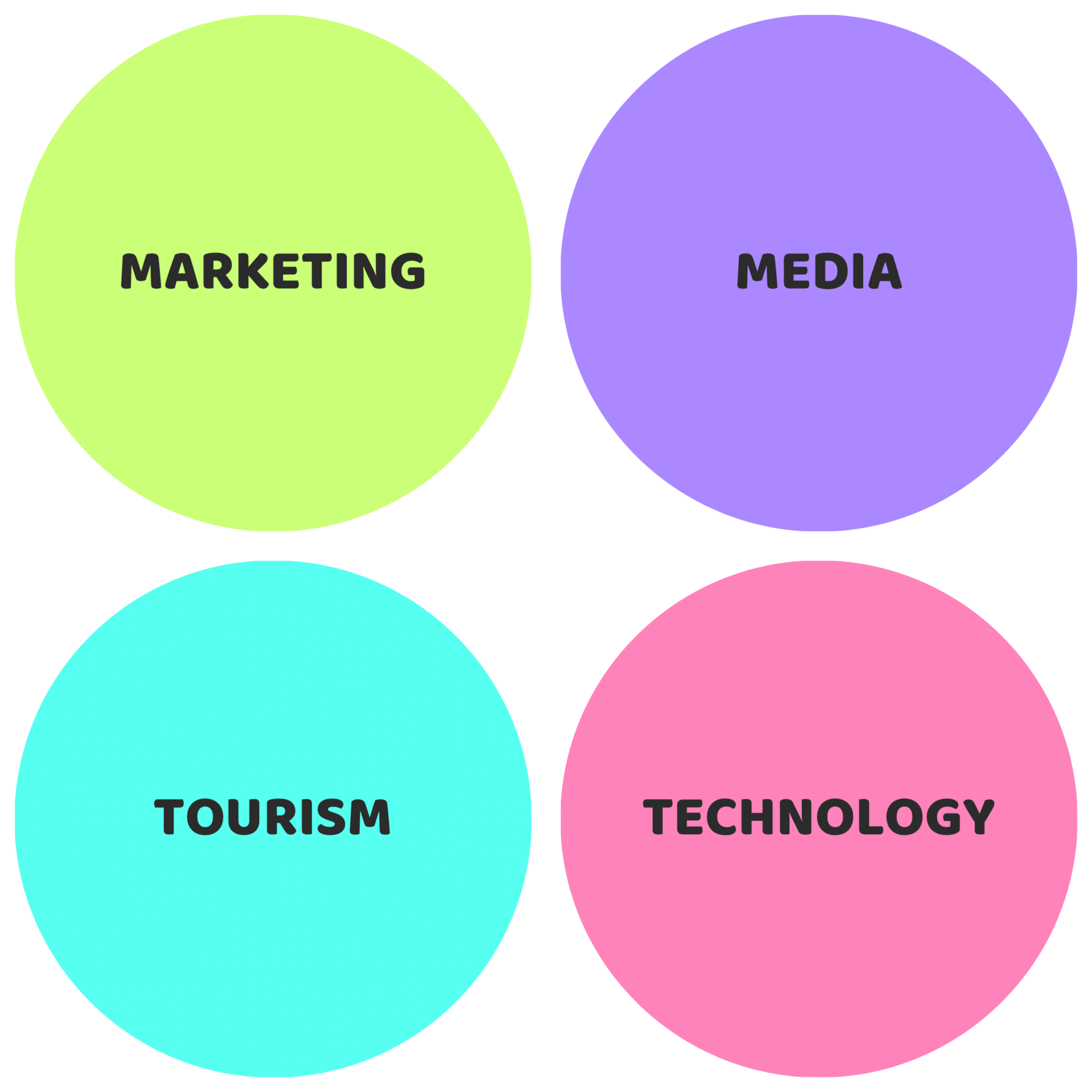Welcome to 2M2T! 2M2T refers to Marketing, Media, Tourism, and Technology that form an interconnected ecosystem driving modern consumer experiences. Marketing harnesses persuasive tactics to promote destinations and experiences, amplified through media channels. Technology acts as the enabler, facilitating seamless interactions and personalized engagement for tourists.
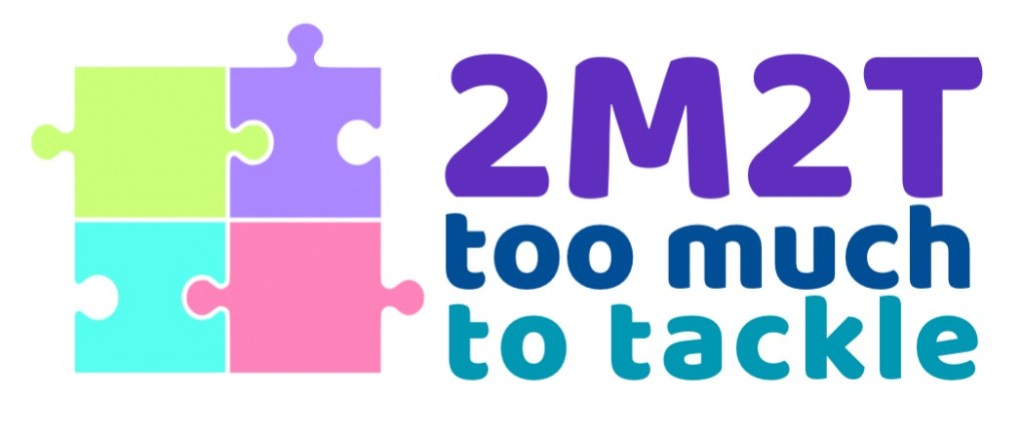
Together, these elements converge to shape the narrative of destinations, influence traveler decisions, and redefine the way experiences are marketed and consumed in the digital era.
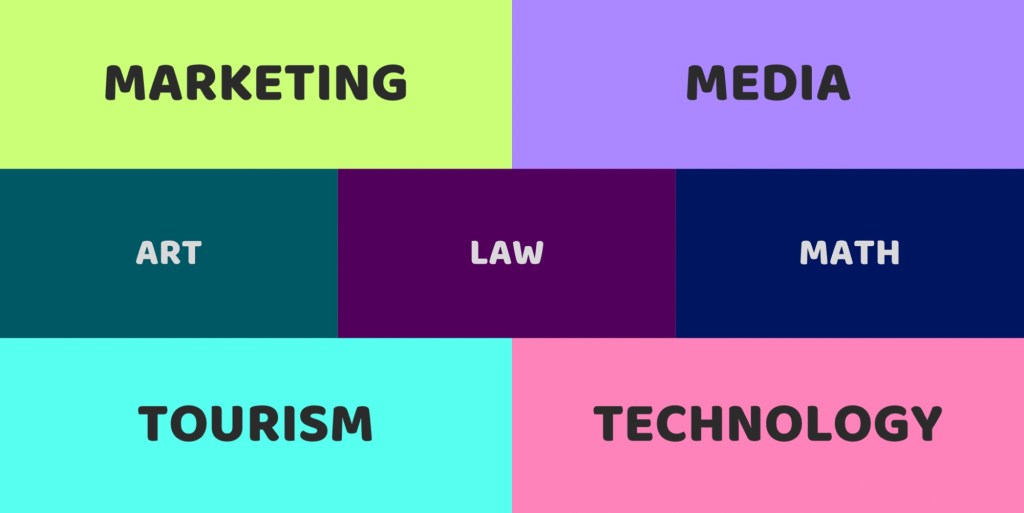
Integrating Marketing, Media, Tourism, and Technology provides a comprehensive understanding of how these elements intersect and influence each other. Art, Law, and Math perspectives offer different lenses through which to analyze and approach challenges, leading to more holistic solutions.
Art brings creativity and innovation to the table. Incorporating artistic perspectives can lead to the development of unique and compelling marketing campaigns, media content, and tourism experiences that resonate with audiences on a deeper level. Law provides the framework for legal compliance and risk management. Understanding legal implications and regulations in marketing, media, tourism, and technology is crucial for developing strategies that adhere to industry standards and mitigate potential legal risks. Math offers analytical tools and techniques for data-driven decision-making. Utilizing mathematical models and statistical analysis can optimize marketing strategies, media placements, tourism promotions, and technology investments to maximize ROI and efficiency.

Marketing heavily relies on media channels for advertising and promotion. Media platforms provide avenues for marketing campaigns to reach target audiences. Marketing strategies often incorporate various forms of media such as social media, television, radio, print, and digital platforms.

Marketing plays a crucial role in promoting tourist destinations, attractions, and experiences. Tourism campaigns utilize marketing techniques to attract visitors and generate interest in specific destinations. Effective marketing strategies can boost tourism revenue and drive economic growth in a region.

Technology enables marketers to gather data, analyze consumer behavior, and target specific audiences more effectively. Digital marketing relies heavily on technology platforms such as social media, search engines, and email marketing tools. Emerging technologies like AI, AR/VR, and big data analytics are shaping the future of marketing strategies and consumer engagement.

Media coverage and representation influence perceptions of tourist destinations and experiences. Tourism organizations often collaborate with media outlets to promote destinations through travel articles, documentaries, and TV shows. Social media platforms serve as a key channel for sharing travel experiences and recommendations, impacting tourism trends and preferences.

Technology has transformed the media landscape, enabling the creation, distribution, and consumption of content through digital platforms. Social media platforms have become integral to media consumption habits, shaping news consumption, entertainment, and communication. Advancements in technology, such as streaming services, virtual reality, and mobile apps, have revolutionized how media content is produced and consumed.

Technology has revolutionized the tourism industry, facilitating online booking platforms, virtual tours, and travel planning tools. Mobile apps and websites provide travelers with access to information about destinations, accommodations, and activities. Emerging technologies like AR and wearable devices offer innovative ways to enhance the tourist experience through interactive attractions and personalized recommendations.

Marketing utilizes media channels to promote tourism destinations and experiences. Media platforms showcase tourism campaigns and coverage, influencing travelers’ perceptions and decisions. Tourism organizations collaborate with marketers and media outlets to create and distribute promotional content, reaching potential visitors effectively.
Marketing & Media & Technology

Marketing strategies leverage technological tools and platforms for advertising and promotion. Media content is disseminated through various technological channels, including social media, streaming platforms, and digital publications. Technology enables targeted marketing efforts by providing data analytics, audience segmentation, and personalized advertising options across different media platforms.
Marketing & Tourism & Technology

Marketing campaigns for tourism destinations often incorporate technology-driven tactics to engage potential travelers. Technology enhances the tourist experience through mobile apps, virtual tours, and interactive attractions promoted via marketing efforts. Tourism organizations utilize technological solutions for destination management, visitor tracking, and customer relationship management, supported by marketing initiatives to attract and retain visitors.

Media platforms play a crucial role in promoting tourist destinations and experiences, utilizing technology for content dissemination. Tourism organizations leverage technology to enhance their presence on various media channels, including social media, websites, and travel apps. Technology facilitates the integration of media content into tourism experiences, such as virtual tours, augmented reality guides, and interactive maps, enhancing travelers’ engagement and exploration.

Artistic elements are often incorporated into marketing campaigns to evoke emotions, convey messages, and enhance brand identity. Artistic design, visual storytelling, and creative content play crucial roles in capturing audience attention and building brand recognition. More info

Legal regulations govern various aspects of marketing practices, including advertising standards, consumer protection laws, and intellectual property rights. Marketers must ensure compliance with laws related to truth in advertising, data privacy, and competition to avoid legal repercussions. More info

Mathematics plays a critical role in marketing analytics, including market research, data analysis, and performance measurement. Mathematical models and statistical techniques are used to interpret consumer behavior, forecast market trends, and optimize marketing strategies for maximum impact and return on investment. More info

Artistic expression is a fundamental component of media content, encompassing visual arts, photography, cinematography, and graphic design. Media platforms serve as outlets for artists to showcase their work and engage with audiences, while media coverage and criticism shape perceptions of artistic endeavors. More info

Media law encompasses legal principles and regulations concerning freedom of speech, defamation, copyright, and media ownership. Legal frameworks shape media content production, distribution, and consumption, balancing rights and responsibilities in a complex media landscape. More info
Media & Math

Mathematics underpins algorithms and data analytics in media platforms, influencing content recommendation algorithms, audience targeting, and advertising optimization. Mathematical concepts such as algorithms, probability theory, and data visualization inform media production, distribution, and audience engagement strategies. More info

Art and culture are significant attractions for tourists, with destinations offering museums, galleries, theaters, and public art installations. Cultural tourism promotes exploration of artistic heritage and creative expression, contributing to cultural exchange and appreciation. More info

Legal considerations in tourism encompass regulations related to travel visas, immigration policies, tourism taxation, and liability issues. Tourism operators must comply with local laws and international agreements to ensure the safety, security, and legal rights of travelers. More info

Mathematics is utilized in tourism management for demand forecasting, capacity planning, pricing optimization, and revenue management. Mathematical models help tourism businesses optimize resource allocation, manage inventory levels, and maximize profitability while meeting customer demand. More info

Technology intersects with art through digital art forms, multimedia installations, and interactive experiences. Technological advancements enable artists to explore new mediums, experiment with digital tools, and create immersive artworks that blur the boundaries between art and technology. More info

Legal issues in technology encompass areas such as cybersecurity, data protection, intellectual property, and digital rights. Technology companies must navigate legal frameworks governing software licensing, patents, privacy regulations, and online content moderation to operate ethically and lawfully. More info

Mathematics forms the foundation of computer science and technology, driving advancements in algorithms, cryptography, artificial intelligence, and machine learning. Mathematical principles enable the development of technologies such as algorithms for data processing, encryption methods for cybersecurity, and predictive models for decision-making in various technological applications. More info
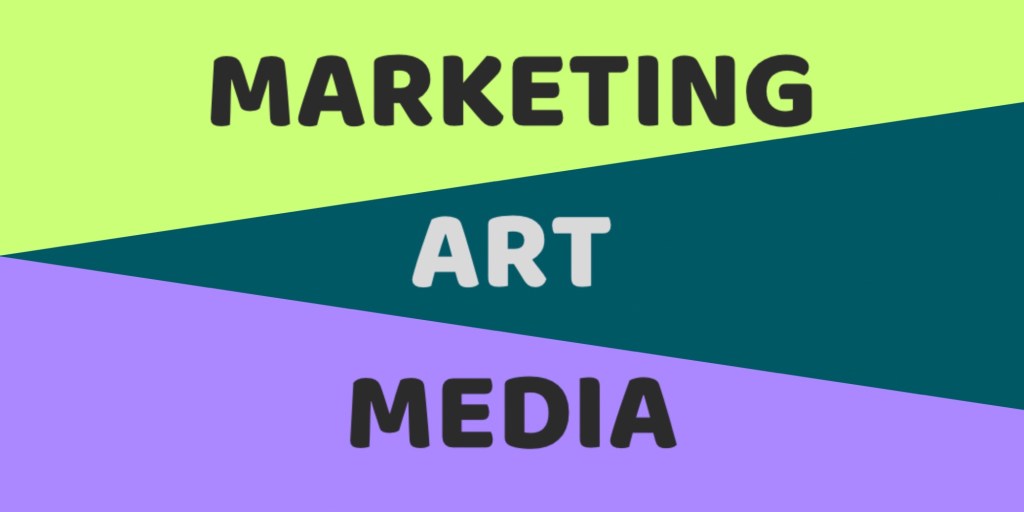
Marketing utilizes artistic elements in media campaigns to evoke emotions, convey messages, and enhance brand identity. Media platforms serve as outlets for artists to showcase their work and engage with audiences, providing opportunities for creative expression and collaboration with marketers. Artistic design, visual storytelling, and creative content play crucial roles in marketing and media, capturing audience attention and fostering meaningful connections between brands and consumers. More info
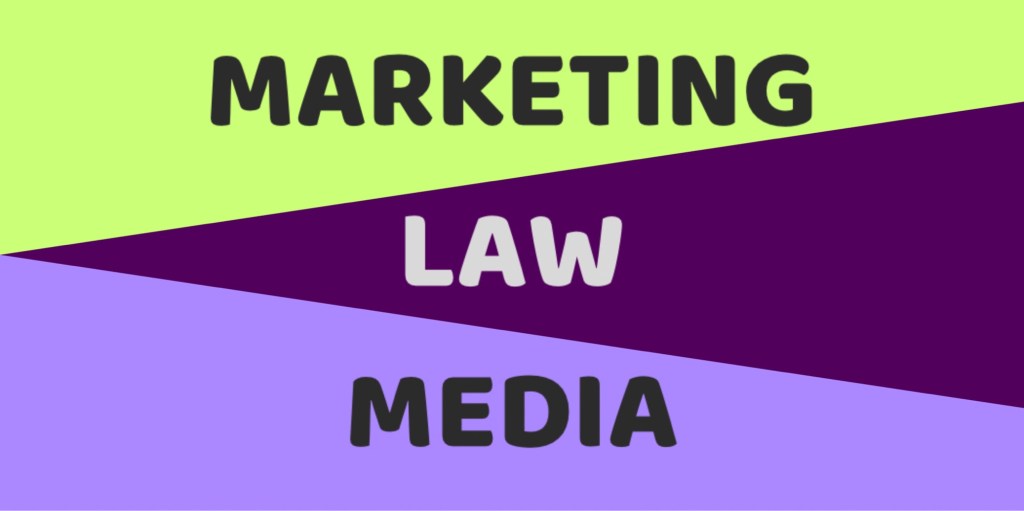
Legal regulations govern marketing practices concerning advertising standards, consumer protection, and competition laws. Media law encompasses legal principles related to freedom of speech, defamation, intellectual property, and media ownership, shaping the production and dissemination of marketing content. Compliance with laws and regulations is crucial for marketers and media professionals to ensure ethical and legal conduct in advertising and content creation. More info
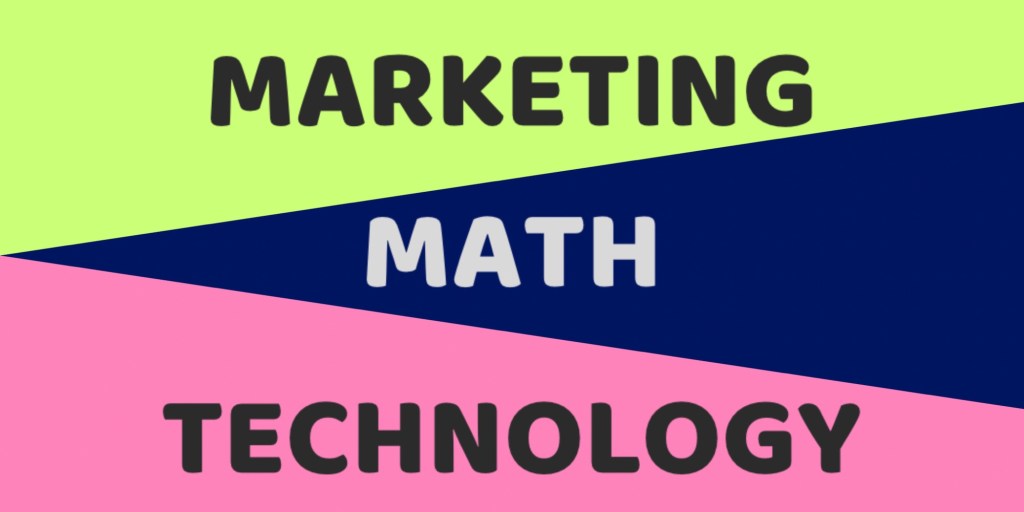
Mathematics plays a crucial role in marketing analytics, including market research, data analysis, and performance measurement. Media platforms rely on mathematical algorithms for content recommendation, audience targeting, and advertising optimization. Mathematical models and statistical techniques inform marketing and media strategies, enabling effective audience segmentation, campaign optimization, and ROI analysis. More info
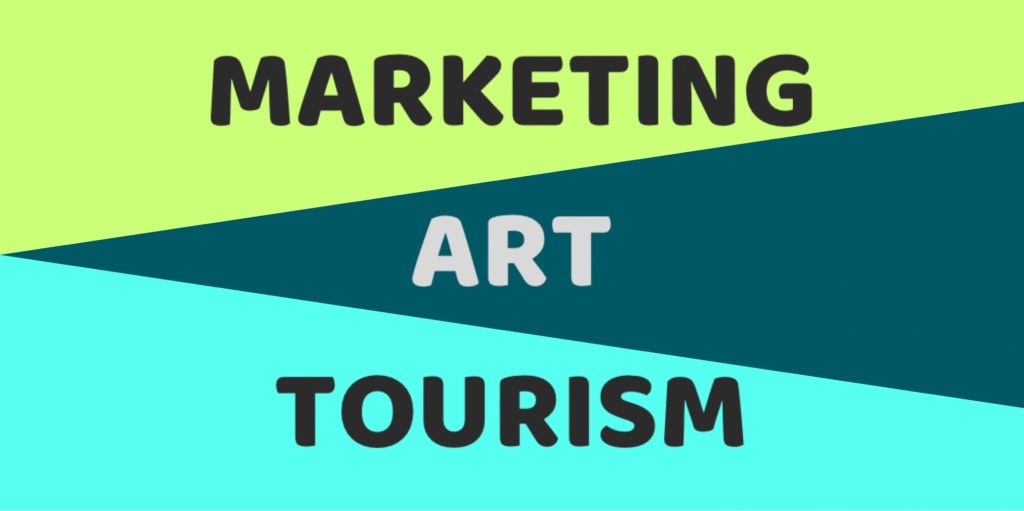
Marketing campaigns for tourism destinations often incorporate artistic elements to showcase cultural heritage, local arts, and attractions. Tourism experiences encompass visits to museums, galleries, and cultural sites, providing opportunities for artistic exploration and appreciation. Art and culture are significant attractions for tourists, contributing to destination marketing efforts and enhancing the overall visitor experience. More info
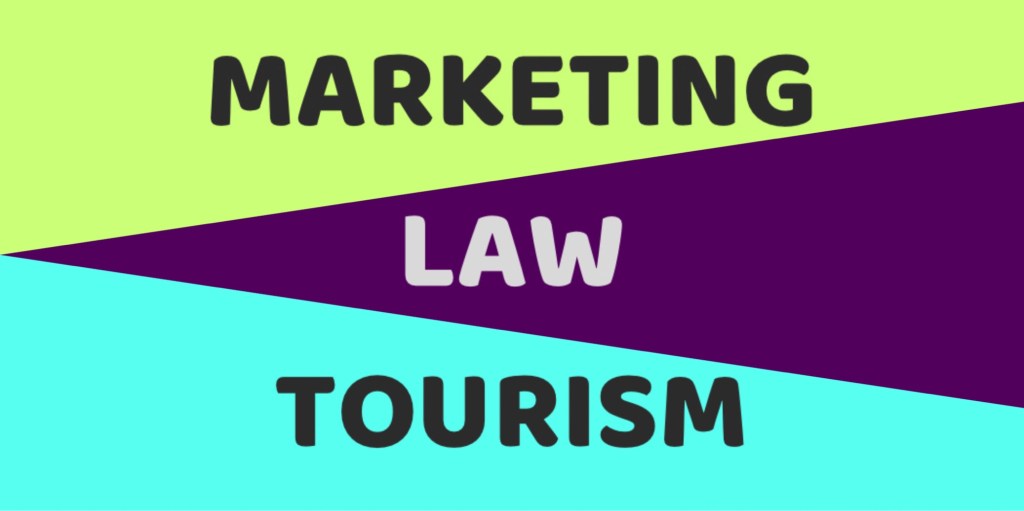
Legal regulations shape media coverage and representation of tourist destinations, influencing perceptions of safety, security, and cultural sensitivity. Tourism-related media content, including travel documentaries, reviews, and promotional materials, must comply with legal standards regarding accuracy, defamation, and copyright. Legal considerations in tourism management encompass regulations related to tour operations, visitor safety, liability insurance, and environmental impact assessments, affecting media coverage and portrayal of destinations. More info
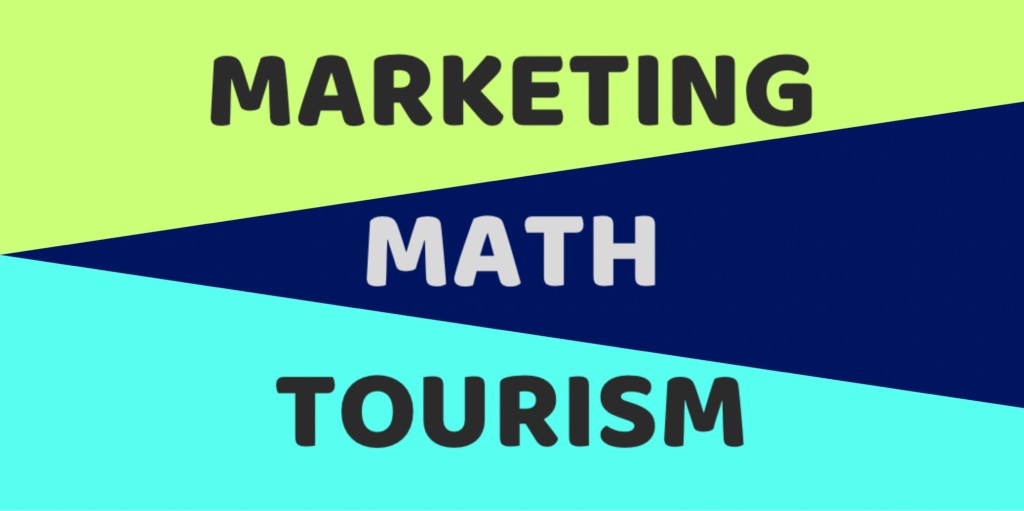
Mathematics is utilized in tourism management for demand forecasting, capacity planning, pricing optimization, and revenue management. Marketing campaigns for tourism destinations leverage mathematical models to target specific customer segments, optimize advertising spend, and maximize ROI. Tourist behavior and preferences are analyzed using mathematical techniques, informing marketing strategies tailored to different market segments and travel trends. More info
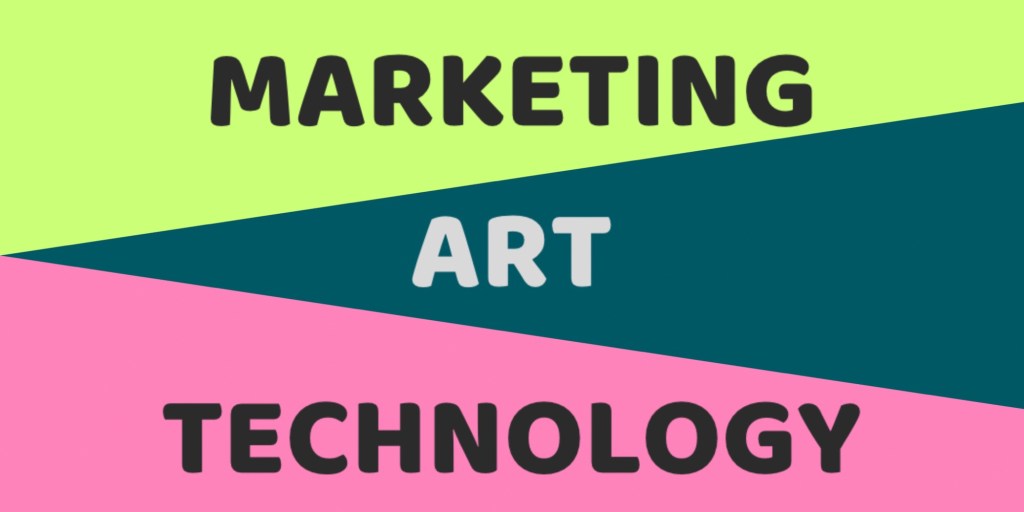
Technology enables artistic innovation and expression through digital art forms, interactive installations, and immersive experiences. Marketing strategies leverage technological tools and platforms to incorporate artistic elements into digital campaigns, such as multimedia content, augmented reality, and virtual reality. Artistic creativity intersects with technology in marketing efforts, creating unique and engaging experiences that resonate with audiences and drive brand engagement. More info
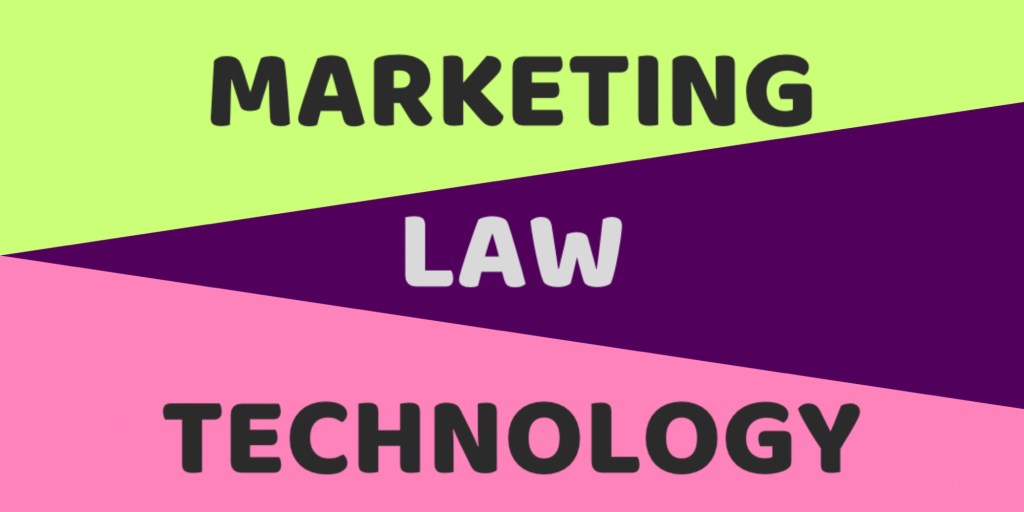
Legal issues in technology encompass areas such as cybersecurity, data protection, intellectual property, and digital rights, which impact marketing strategies leveraging technology. Marketers must comply with laws governing online advertising, data privacy, and electronic communications when utilizing technological tools and platforms for marketing campaigns. Technology companies developing marketing technologies must adhere to legal standards and regulations to protect consumer rights, prevent data breaches, and ensure fair competition in the marketplace. More info

Mathematics underpins algorithms and data analytics in marketing technologies, enabling personalized targeting, real-time optimization, and predictive modeling. Technology platforms provide mathematical tools for marketers to analyze customer data, track campaign performance, and optimize digital advertising campaigns. Mathematical algorithms power machine learning algorithms used in marketing automation, recommendation systems, and predictive analytics, enhancing targeting precision and campaign effectiveness. More info
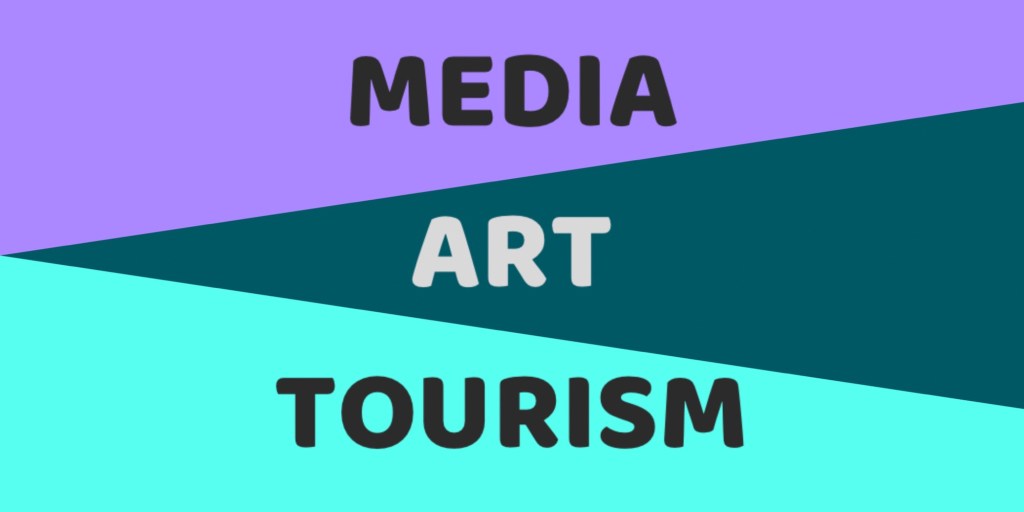
Media coverage and representation influence perceptions of tourist destinations and cultural experiences, shaping travelers’ interests and preferences. Tourism promotion often involves showcasing artistic and cultural attractions through media channels, including travel documentaries, photography, and online travel guides. Art and cultural tourism contribute to media content production and consumption, fostering appreciation for artistic heritage and promoting cultural exchange through tourism experiences. More info
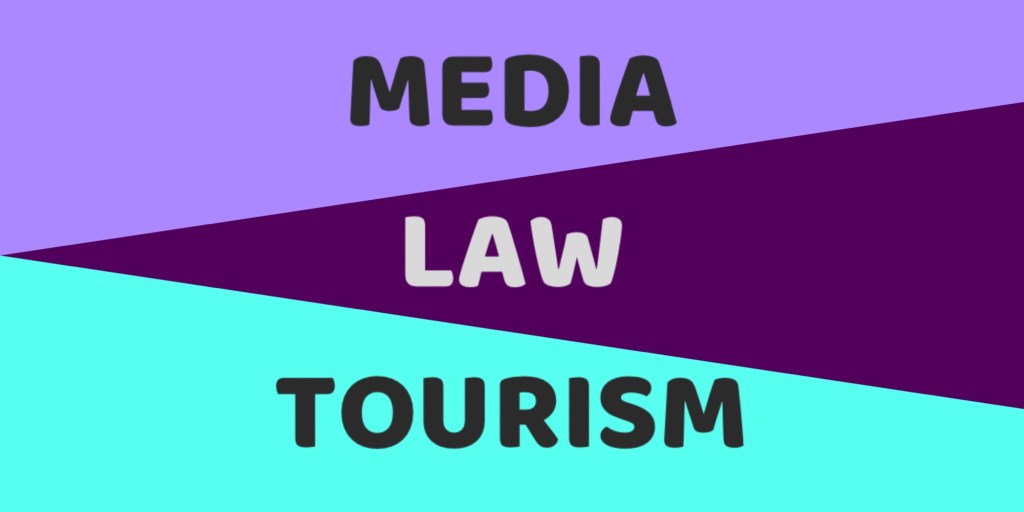
Legal regulations shape media coverage and representation of tourist destinations, influencing perceptions of safety, security, and cultural sensitivity. Tourism-related media content, including travel documentaries, reviews, and promotional materials, must comply with legal standards regarding accuracy, defamation, and copyright. Legal considerations in tourism management encompass regulations related to tour operations, visitor safety, liability insurance, and environmental impact assessments, affecting media coverage and portrayal of destinations. More info
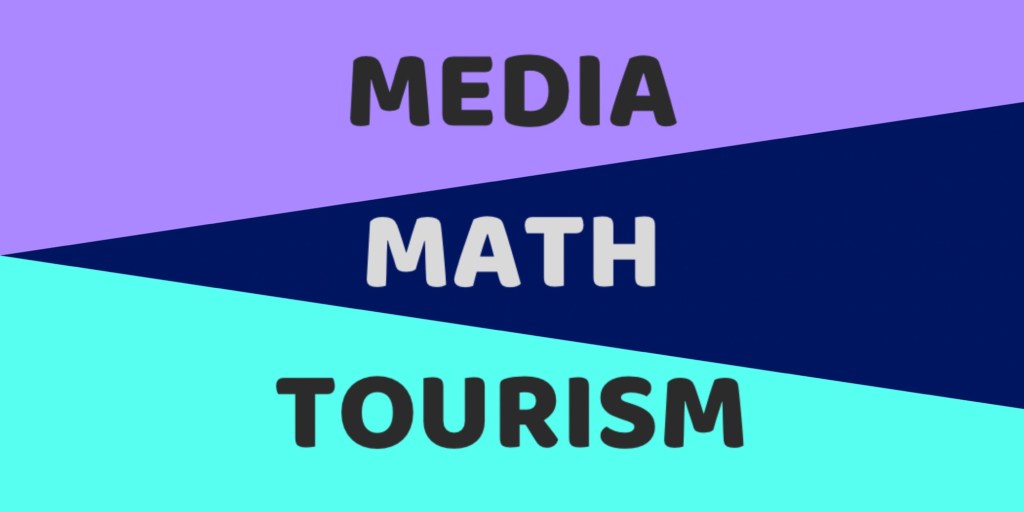
Mathematics informs media content production and distribution strategies, including audience analysis, content optimization, and performance tracking. Tourism demand forecasting and pricing strategies rely on mathematical models to anticipate traveler behavior, optimize pricing structures, and manage capacity constraints. Mathematical algorithms are applied in tourism media campaigns to target relevant audiences, measure campaign effectiveness, and optimize media spend for maximum impact. More info

Technology enhances the tourist experience through digital art installations, interactive exhibits, and virtual tours, providing immersive and engaging cultural experiences. Tourism organizations leverage technology to promote artistic and cultural attractions, utilizing digital platforms, mobile apps, and augmented reality to showcase destinations and engage visitors. Artistic creativity intersects with technology in tourism offerings, enriching travelers’ experiences and fostering connections with local art, culture, and heritage. More info

Legal issues in media technology include regulations concerning digital content distribution, copyright infringement, online censorship, and platform liability. Media platforms must comply with laws governing user privacy, data protection, and content moderation when utilizing technology to distribute and monetize media content. Legal frameworks impact the development and deployment of media technologies, shaping innovation, competition, and user rights in the digital media landscape. More info
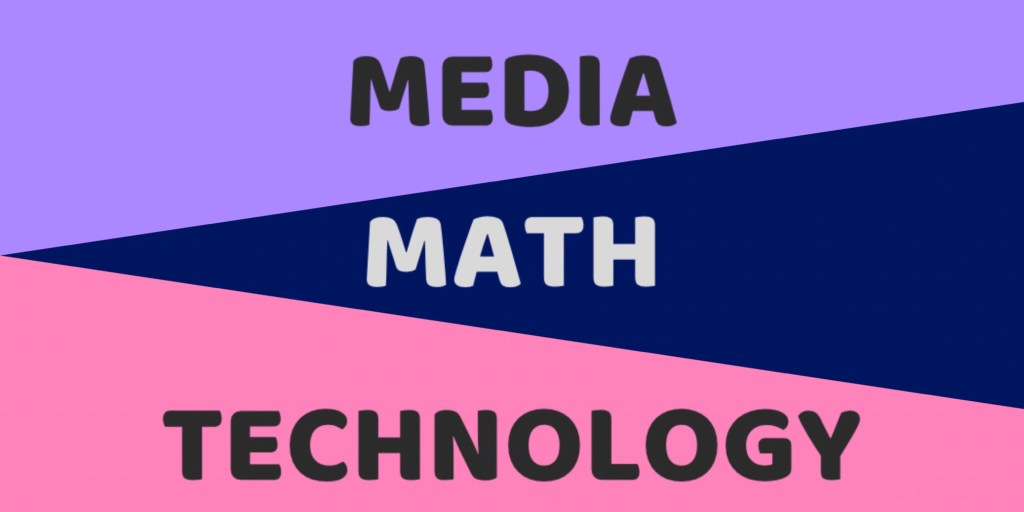
Mathematics underpins algorithms and data analytics in marketing technologies, enabling personalized targeting, real-time optimization, and predictive modeling. Technology platforms provide mathematical tools for marketers to analyze customer data, track campaign performance, and optimize digital advertising campaigns. Mathematical algorithms power machine learning algorithms used in marketing automation, recommendation systems, and predictive analytics, enhancing targeting precision and campaign effectiveness. More info

Technology enhances the tourist experience through digital art installations, interactive exhibits, and virtual tours, providing immersive and engaging cultural experiences. Tourism organizations leverage technology to promote artistic and cultural attractions, utilizing digital platforms, mobile apps, and augmented reality to showcase destinations and engage visitors. Artistic creativity intersects with technology in tourism offerings, enriching travelers’ experiences and fostering connections with local art, culture, and heritage. More info
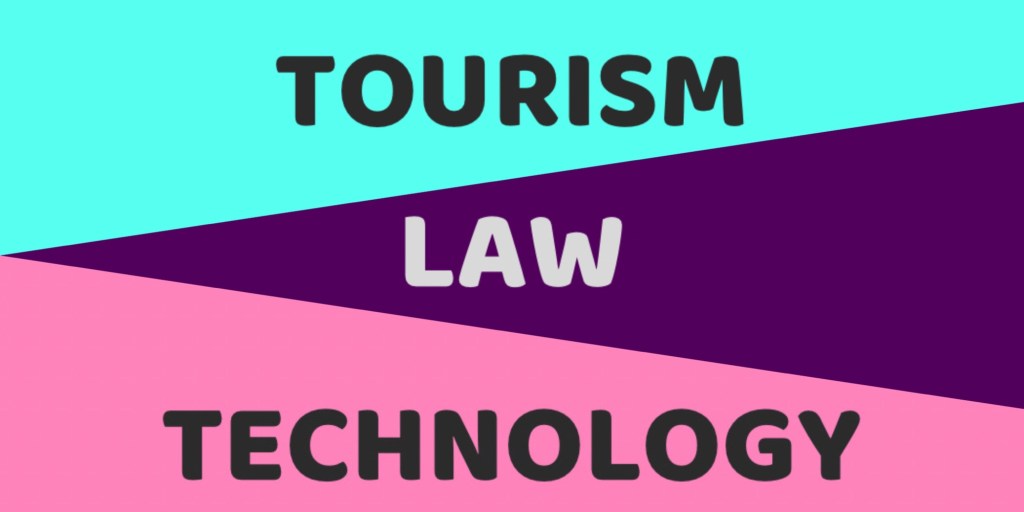
Legal considerations in tourism technology encompass regulations related to online booking platforms, mobile applications, and location-based services, affecting marketing and distribution channels for tourism products and services. Tourism organizations leveraging technology to enhance visitor experiences must address legal issues concerning data privacy, cybersecurity, and intellectual property rights. Tech solutions in tourism management, such as reservation systems, destination marketing platforms, and visitor tracking tools, must comply with legal standards to ensure consumer protection and regulatory compliance. More info
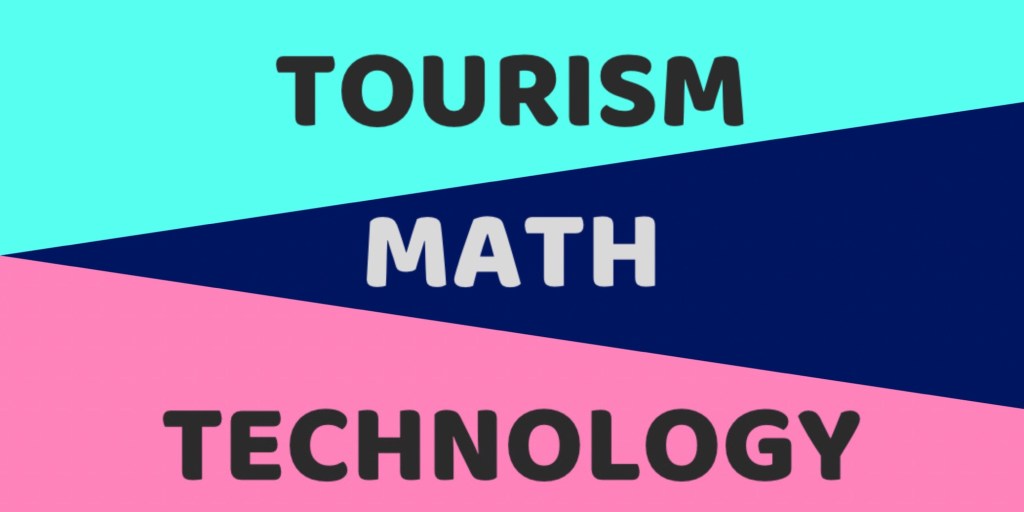
Mathematics informs technology-driven solutions in tourism management, including yield management, route optimization, and resource allocation. Tourism technology platforms utilize mathematical algorithms for booking optimization, itinerary planning, and dynamic pricing strategies. Mathematical models power location-based services, geospatial analysis, and predictive analytics in tourism technology applications, enhancing the visitor experience and operational efficiency. More info
